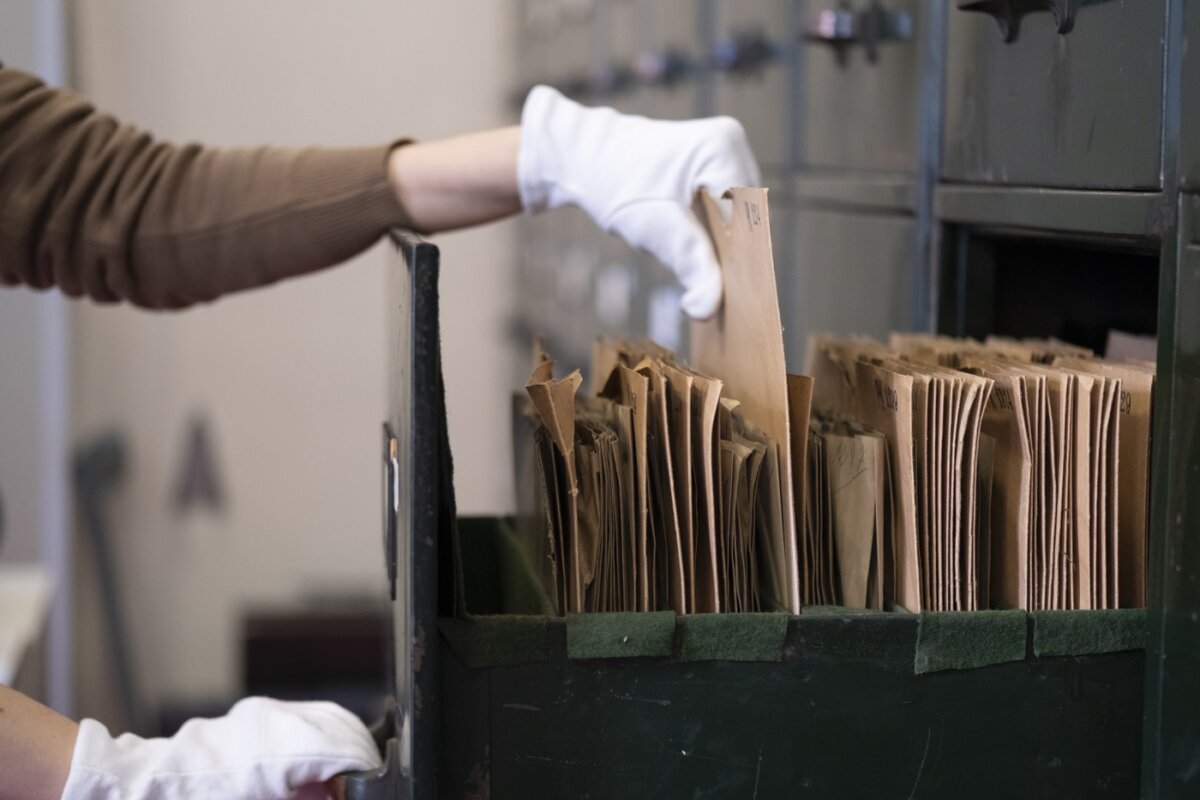Post-colonial research: An audio recording by Bayume Mohamed Husen stored in the sound archive of Humboldt-Universität zu Berlin provides an insight into the colonial entanglements of Berlin’s urban and university history.
Who is speaking here? What was read out and why? What is the cultural significance of what is being said? And what can the voice tell us about the speaker? My research on colonial presences in the Berlin LAUTARCHIV is dedicated to these and other questions. The sound archive of the Humboldt-Universität zu Berlin (HU) contains extensive collections of shellac discs that were recorded for scientific purposes until the middle of the 20th century. The recording of Bayume Mohamed Husen is one of the archival holdings of acoustic testimonies of colonised subjects. In order to approach this specific source, I organised a listening workshop at the Institute for European Ethnology at the HU together with the social and cultural anthropologist Jasmin Mahazi. Swahili speakers were invited to discuss the sound recording and what they had heard. By bringing together different expertise, perspectives and listening impressions, the workshop format aimed to encourage a collective and open-ended dialogue with the historical material.
